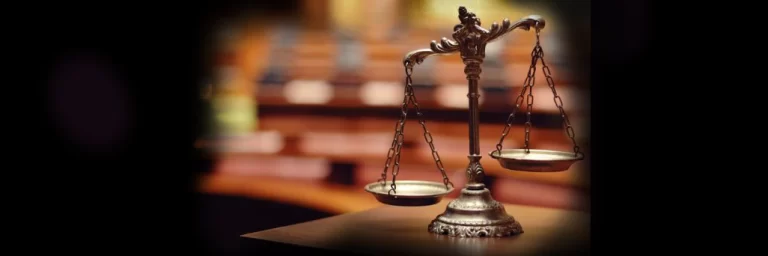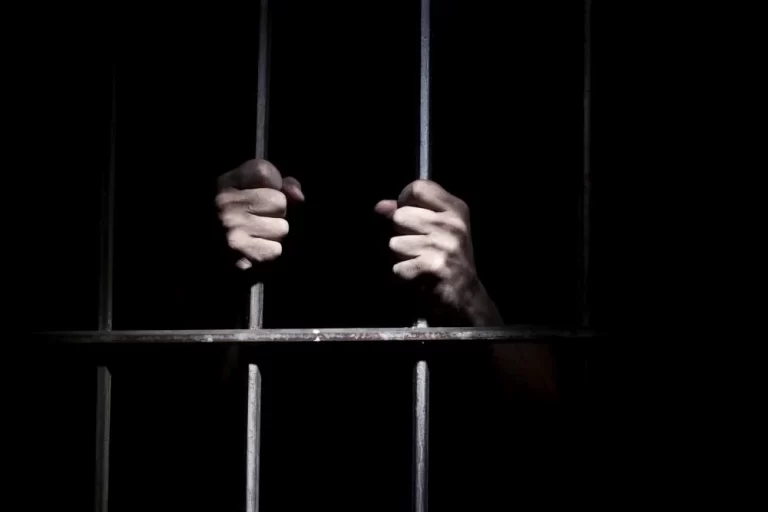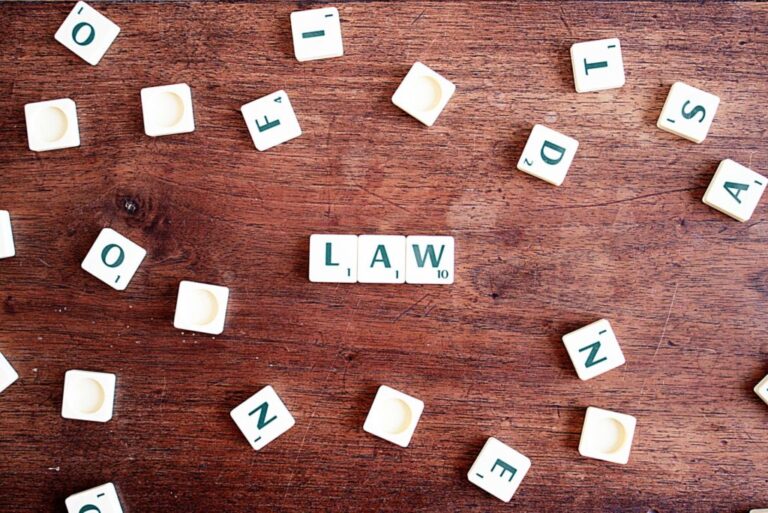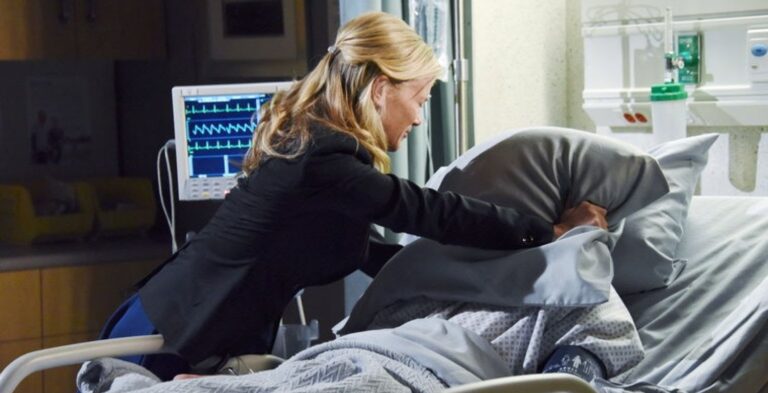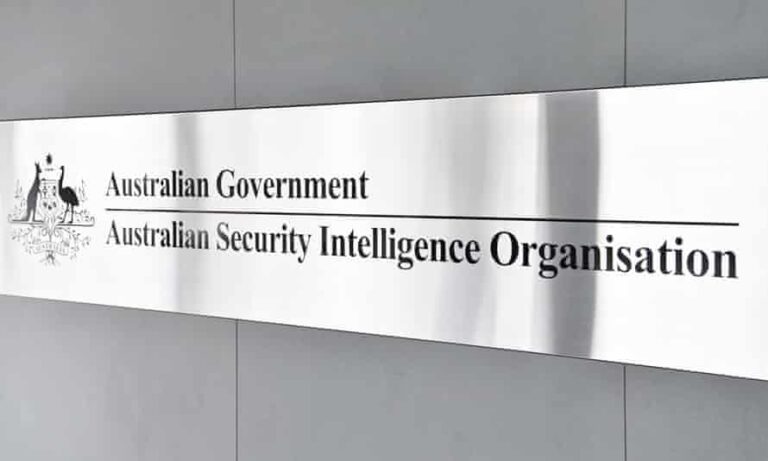Kathleen Folbigg and the Prerogative of Mercy
Table of Contents Pardon and Parole Powers and Procedures in New South Wales This short paper has been prepared because some parliamentarians in New South Wales have indicated they do not understand the law as it relates to the exercise…
